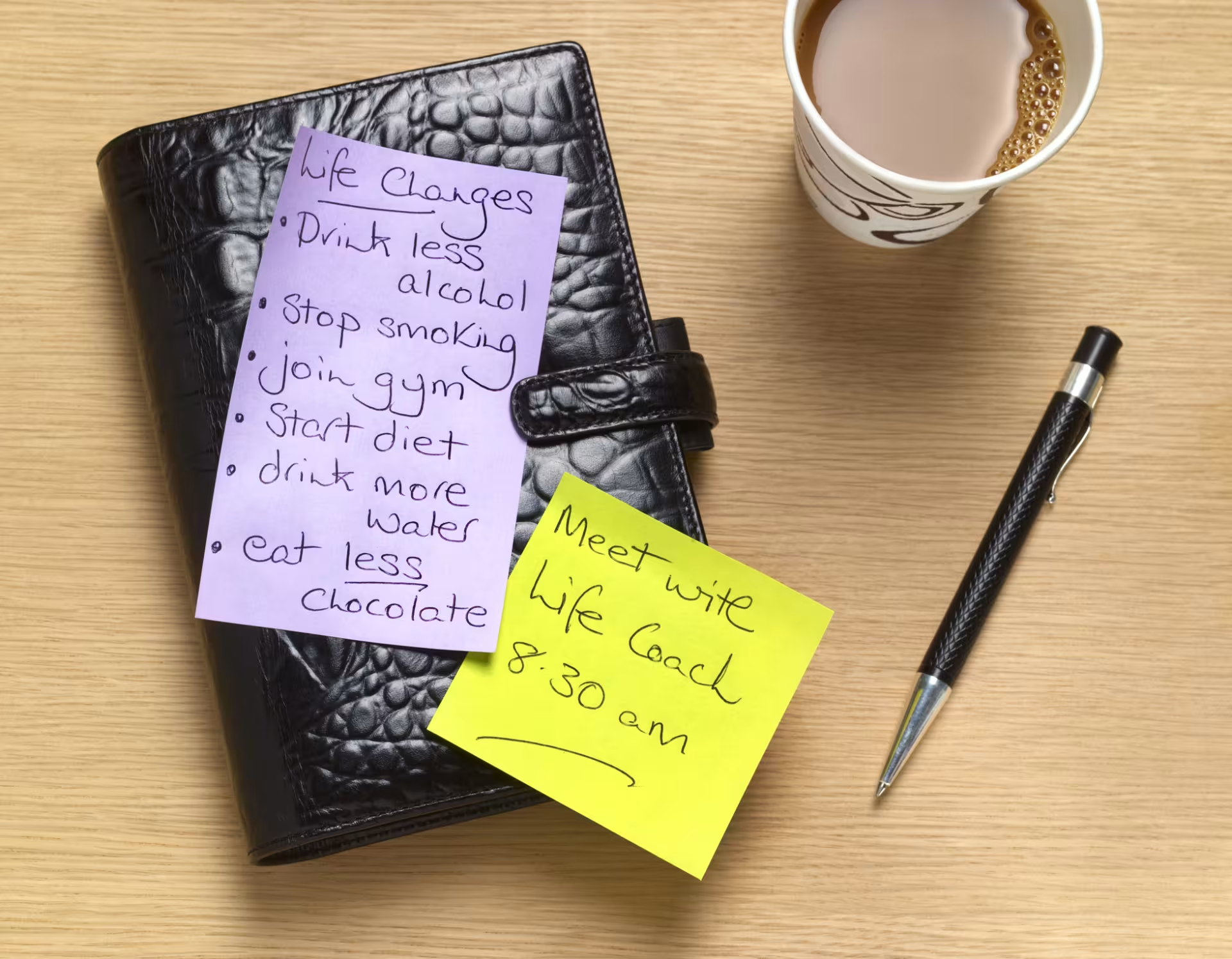Read time 5 minutes
Published on Aug 5, 2024
Social media platforms are as popular as ever, and some people spend hours scrolling through their feeds. Although social media use offers some positive attributes, you may be wondering, How does social media affect self-esteem? and What is the impact of social media on self-worth? For those on social media, self-worth (or rather, perceptions of self-worth) may be a concern. Researchers are beginning to explore the long-term effects of social media use. For the first time ever, a generation is growing up without knowing a life free of online connection.
Are There Benefits to Social Media Use?
Social media can offer some benefits. For example, families can connect over long distances and stay in touch; grandparents can see photos of their grandkids; high school friends can reconnect; and people who feel alienated can find an online support community with people with whom they identify.
In some cases, social media may even assist individuals with their careers, allowing them to network with potential employers or business partners. Being on social media has also become a job itself for some people (“influencers”) who sell advertising and marketing services.
Negative Impact of Social Media on Self-Esteem
Although social media can be helpful in certain ways for some people, for others it can be harmful. The impact of social media on self-esteem includes the following:
1. Images Don’t Portray Reality
Social media can affect self-esteem through comparison. Social media is a place full of filters, attractive angles, the right lighting and millions of takes. Online models, fitness stars and personalities take dozens and sometimes hundreds of shots to get exactly the right photo to post. That photo inevitably features a perfect appearance.
Blemishes and cellulite are filtered out and thighs get cut down in the editing process. Despite the detachment from reality in these posts, people still compare themselves to people in these photos. This makes them feel like they are lacking in some way. Even when the viewer knows the person in the photo does not usually look like that, it can be difficult to avoid making comparisons. Therefore, the idea of your social media self-worth may crumble through this loop of comparison.
It’s important to note that these harmful comparisons aren’t only derived from posts by professional influencers. Even scrolling through a friend’s posts can be damaging to one’s self-esteem if all you see is photos of your friend’s fantastic vacation or smiling family, or posts describing their professional success. Even if you’re aware that people tend to only share the positive aspects of their lives on social media, these posts may spark feelings of jealousy and low self-worth.(See disclaimer 1)
2. Fear of Missing Out
People display their best lives on social media. It is full of photos of vacations in exotic locations, hikes down the beaten path, aerial views from rooftop bars and perfectly laid out meals at trendy restaurants. Scrolling through endless photos of people living what seems to be their best lives can weigh a person down. Viewers feel like they are missing out or are not fun enough.(See disclaimer 1)
What they forget, though, is that these images are carefully crafted and shared with an agenda — creating the illusion of a perfect life. What these images do not show are pre-coffee bedhead selfies, the hours of time spent in an airport after a flight is delayed or the mundane commute to the office.
Social media highlights the best of life and sometimes social media users may forget that. Instead, they compare their lives with these magical experiences and feel anxious about what they are (or are not) accomplishing themselves. Furthermore, the fear of missing out can actually feed into a social media addiction; users may start to spend more and more time scrolling or they may obsessively check for updates every few minutes.(See disclaimer 1)
3. You Start to Retreat
While social media is supposed to connect people, it may sometimes have the opposite effect. Studies have found that the more time people spend on social media, the more socially isolated they tend to feel.(See disclaimer 2)
The motive a person has for social media use seems to be relevant to how socially isolated they feel. Researchers found that when people log onto social media for the purpose of maintaining social relationships, they ironically feel even more socially isolated than if they used social media for other purposes.(See disclaimer 2)
The excessive use of social media and the social isolation it can cause can trigger a vicious cycle in which people go on social media more and more to try to feel connected to others. This can lead to increased fear of missing out and feelings of dissatisfaction about one’s own life. This can lead to symptoms of anxiety and depression, which can lead to even more social media use, and so on.(See disclaimer 1)
Positive Habits for Addressing Social Media’s Effects on Self-Esteem
If you find that social media effects on self-esteem are beginning to take a toll, there are some steps you can take. Consider re-examining your social media usage if you find that you’re neglecting face-to-face contact and real-world relationships, and if you find yourself checking for updates every few minutes.
Try the following tips for building positive habits and mitigating the impact of social media on self-esteem:(See disclaimer 1)
Instead of living your life on social media, try to focus on real life experiences that allow you to enjoy life and connect with others face-to-face.
Help Others Build Self-Esteem Without Social Media
If you would like to learn more about how to help people build their self-esteem despite of what they see on social media, consider working in the field of psychology or counseling. The Master of Science in Mental Health and Wellness degree at Grand Canyon University is a great start. The courses explore timely mental health challenges, the latest evidence-based research and intervention strategies to help others work toward healing.





